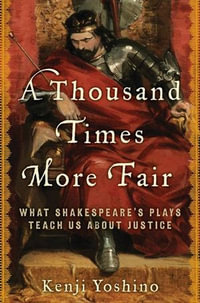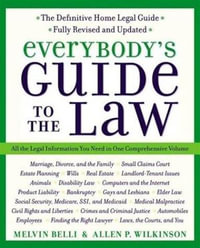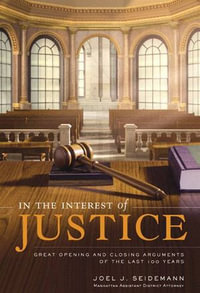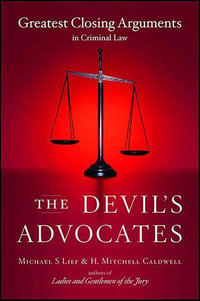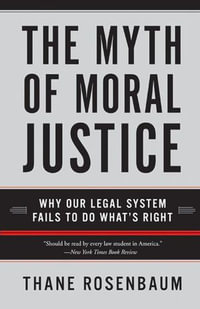Booktopia has been placed into Voluntary Administration. Orders have been temporarily suspended, whilst the process for the recapitalisation of Booktopia and/or sale of its business is completed, following which services may be re-established. All enquiries from creditors, including customers with outstanding gift cards and orders and placed prior to 3 July 2024, please visit https://www.mcgrathnicol.com/creditors/booktopia-group/

The Rise and Fall of the Right of Silence
Principle, Politics and Policy
By: Hannah Quirk
eBook | 25 November 2016 | Edition Number 1
At a Glance
eBook
$86.99
or
Instant Digital Delivery to your Booktopia Reader App
ISBN: 9781136008085
ISBN-10: 113600808X
Published: 25th November 2016
Format: ePUB
Language: English
Publisher: Taylor & Francis
Edition Number: 1
You Can Find This eBook In
This product is categorised by
- Non-FictionLawLaws of Specific JurisdictionsLegal System in GeneralCourts & Procedure
- Non-FictionSocial Services & WelfareCrime & Criminology
- Non-FictionLawLaws of Specific JurisdictionsConstitutional & Administrative LawHuman Rights & Civil Liberties Law
- Non-FictionLawJurisprudence & General IssuesThe Legal Aspects of Criminology
- Non-FictionLawLaws of Specific JurisdictionsCriminal Law & ProcedureCriminal Justice Law
- Non-FictionLawLaws of Specific JurisdictionsCriminal Law & ProcedureCriminal ProcedureSentencing & Punishment
- Non-FictionLawLaws of Specific JurisdictionsSocial Law
- Non-FictionLawInternational Law

